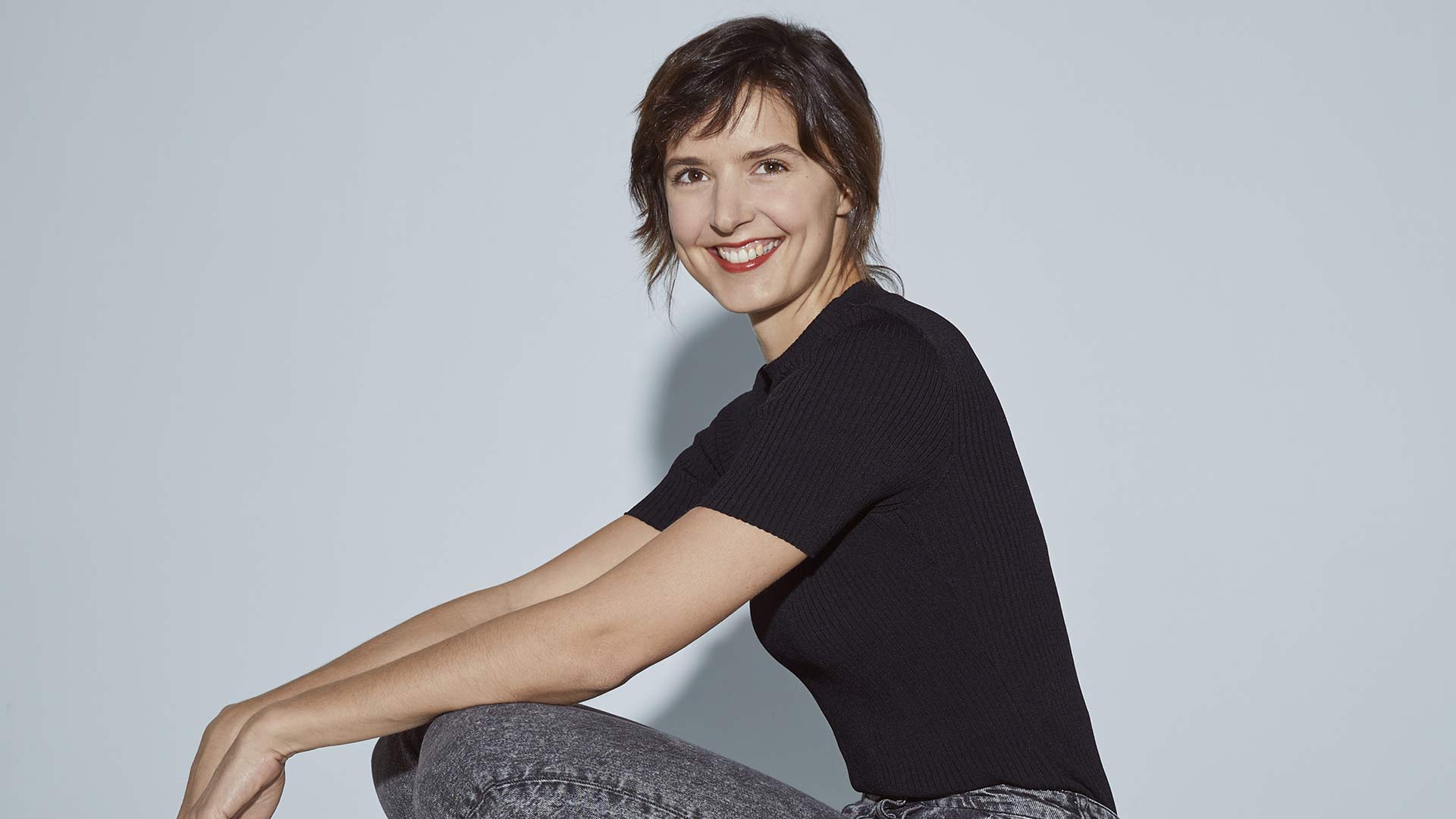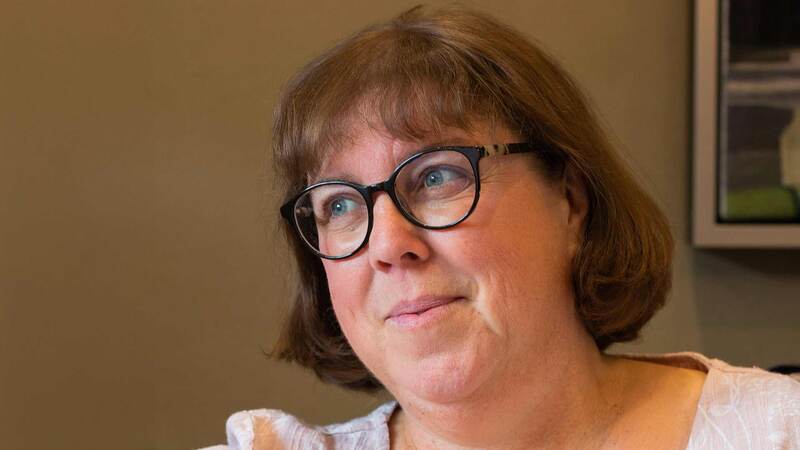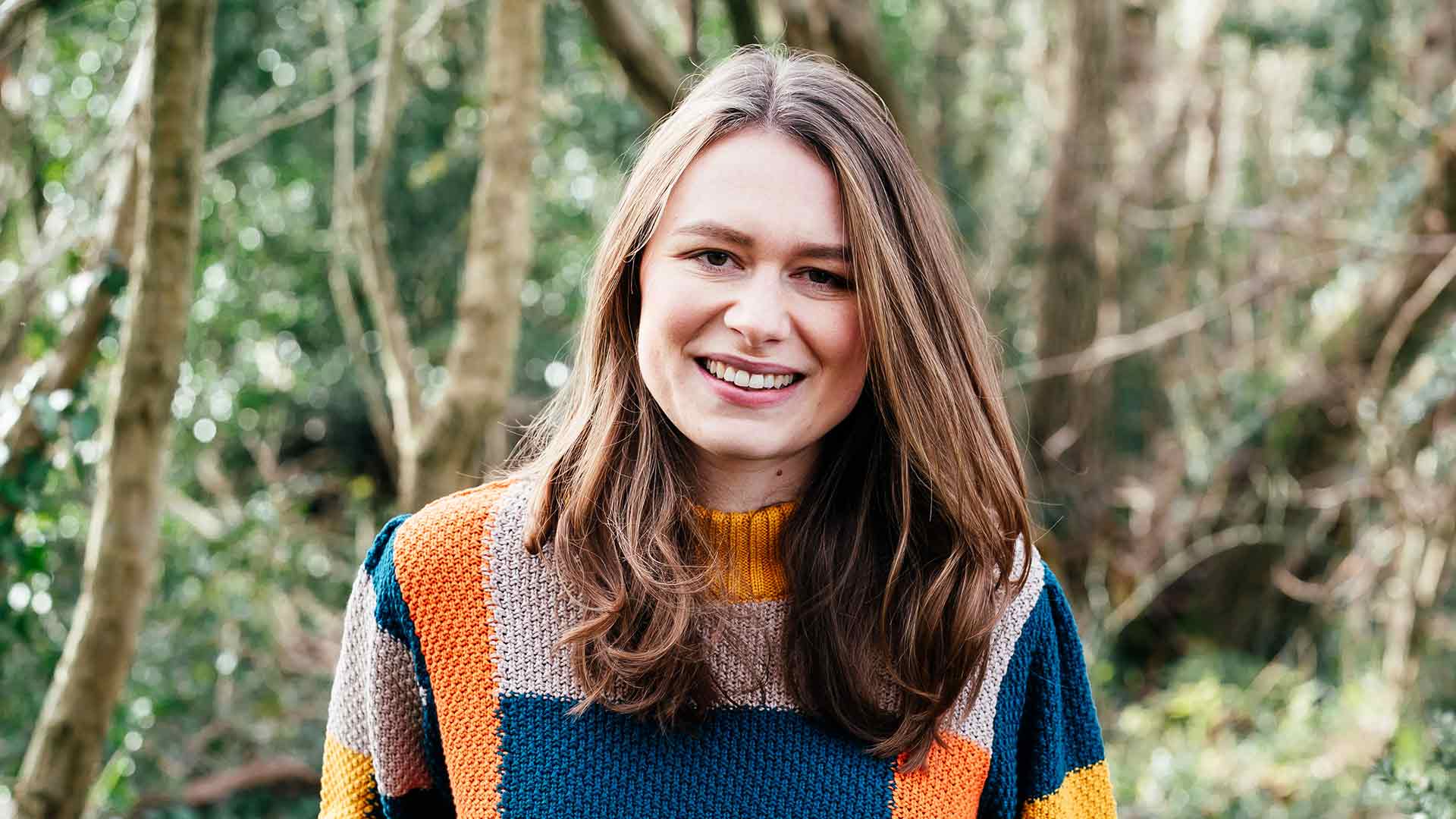You are viewing your 1 free article this month. Login to read more articles.
Agents respond to #PublishingPaidMe debate
Publishers need to invest more in bringing diverse talent to market and find new ways to ascribe “value” to the books they buy, some agents have suggested in the wake of #PublishingPaidMe. Others believe agents should also look to the diversity of their own ranks.
The hashtag #PublishingPaidMe took off last weekend to illustrate the disparity between the advances publishers are prepared to stump up for non-black authors compared to black authors at similar stages of their careers. Despite originating in the US, disclosures from writers in the UK has forced the trade to interrogate its own approach to inclusivity.
“I am grateful to the authors who have revealed their personal information in order to shine a light on the economics of publishing and even though I am dismayed by the truths it has revealed, I welcome the tricky conversations it has triggered,” said Lizzy Kremer, agent at David Higham Associates. “It is particularly hard to realise your power in negotiations with publishers if you aren’t a writer who can afford to take risks, to gamble even on yourself, or someone who has friends who are authors or publishers, or the overall experience of white privilege.
“Contrary to what I have read on some of the social media platforms under the hashtag, the level of advances is important. It isn’t true that royalties offer equal recompense to all authors when royalty terms vary, and sometimes high advances are the best way to ensure that bestselling authors are paid a fair share of the profits of publishing. For debut or less established authors, publishers need to be profitable but they can better afford to take risks than can individual authors and so, of course, I encourage them to take the same risks on writers of colour as they do for white writers.”
Natalie Jerome, agent at Aevitas, posited that #PublishingPaidMe could be "a bit of a red herring". She said: "We're not even off the starting blocks in publishing, our books aren't being published at all so it felt quite odd to me that we were going off in that direction when the real issue here is the number of black authors, the number of black publishers, the number of black sales people... When we get our numbers up, and as far as seeing a greater, wider range of books being published consistently like everybody else, then, yes, we can compare advances. But our books aren't even being published."
Looking ahead, she said she was leaning "increasingly towards quotas" as a way forward. "It is controversial I know, [but] I feel we need to reflect the community and society that we live in."
For Sophie Bradshaw, whose new literary agency seeks to open the industry up to authors beyond the white middle-class stereotype, the disparity in advances "is there in black and white to see" and "highlights we have to wake up now that some authors need championing more than others and that is something agents have to do now".
"We know publishing is an industry that is very white, very middle class, it's not diverse in terms of the people who work in publishing but also authors are not represented, so [what PublishingPaidMe revealed] does not surprise me," she said. "I think it shows it's up to the industry now, particularly as agents and commissioning editors, we need to not only seek out black authors, but we also need to actually actively work with them to develop their voices. Possibly the situation in publishing is very off-putting to those authors and, obviously, to feel not worth as much is off-putting. We have to remember they might not have received the privilege in their journey so far that many white authors have had so it has to be active rather than just encouraging black authors to write."
Julia Silk, agent at Kingsford Campbell Literary Agency–whose list, mostly made up of debuts and lower profile writers, she conceded, is “overwhelmingly white”–pointed out the advances her authors get are “a million miles from those that people read about and think are the norm”. “They are very similar, in fact, to those being reported by people of colour on the #publishingpaidme hashtag,” Silk said.
However, she agreed it is clear there is “huge disparity” along racial lines – and the way publishers assess the value of new projects through narrow comparisons could be a factor.
“What seems clearest to me from the hashtag is that it is often when authors reach the top of their career that the disparities are biggest,” said Silk. “And I think as long as there is this huge disparity and polarisation in advances across the board, and as long as publishers assess the 'value' of new stories based on the past performance of titles they consider 'similar', then we are going to continue to have these disparities in the advances offered.
“When you have such a small field of comparison (because I know that they are often comparing books by black authors with other books by black authors, and making assumptions about the market for those books) and those books are given so little budget and support, so of course they are low-performing, how do you ever get out of this loop?
“It's great if agents and publishers are now sitting up and taking notice of black writers, but until publishers find a new way to ascribe 'value' to the books they buy and adjust their offers accordingly, black people and people of colour are always going to be at a disadvantage.”
Silk said further that it is organisations like Spread the Word that are currently doing the heavy lifting to progress more diverse representation in publishing, with editors unlikely to go into acquisitions meetings with books that need a lot of work, even if structural disadvantages mean the author has lacked access to opportunities to hone their work.
“If black people are structurally disadvantaged already, and often haven't had the opportunities to develop as writers afforded to white people, then they need support to get their stories produced to a standard that is going to be 'acceptable' to publishers; where do the resources come from within publishing houses?" Silk asked. "It's organisations like Spread the Word that are doing the real work here, of mentoring and offering editorial support, and smaller publishers like Jacaranda – so I would love to know whether the bigger publishers are going to be prepared to take on more staff to do the work required to find and develop a broader range of authors. And are they going to go to schools and universities and offer support to demonstrate that publishing wants stories from black people?”
Clare Alexander, chair of Aitken Alexander Associates, said in her personal experience publishers are already “actively seeking diverse voices” and “prepared to pay significant advances” in the context of literary fiction and upmarket non-fiction, although this is not to say there isn’t disparity in the level of advances offered across a range of work as #PublishingPaidMe has shown.
To expedite more diverse representation in what is published, while publishers "really are trying", the onus, she suggested, should be on agents to look at the make-up of their own organisations.
“There has been an appetite for different voices from different cultures from writers of colour for a long time. And actually I think publishers have been better at it than agents. Publishers have been aware of the necessity to be more diverse; whether they've been successful is another question. And I think that some agencies have been disinterested at best.
"The agency and I have always been interested in representing a range of voices but also our staff has for nearly a decade been diverse, and I think that is very, very important. Again, like our client list, we are around 20% not white. And that isn't because we're not looking for the best possible people; we have the best possible people. I think it's not only in what talent you're looking for, but you also have to look at yourselves. Why are people going to only want to be represented by white people? Agents should look to themselves ... I am aware, of course, that I speak as a white woman of a certain age myself, and I can only plead the evidence of my own client list to demonstrate my personal interest in a multiplicity of voices, and am proud that the staff at Aitken Alexander itself is multicultural and representative of the wider population.
“Several major publishers, including PRH and Hachette, have started initiatives over recent years to open their doors to a wider range of writers across race, and also (and as importantly) class. I do not regard these issues as new, but there is now an increased urgency given the continued human tragedy caused by racism and racist violence. I hope the current mood will result in publishers valuing different voices even more.
“That said, I think that where the industry falls short is that there are not enough people of colour working at a senior level, and that the optic of white agents and editors being the sole gatekeepers has only become more anachronistic.”
As momentum behind the Black Lives Matter movement builds, prompting an outpouring of support across the trade following George Floyd's death, Nelle Andrew of Rachel Mills Literary has cautioned that people of colour are not a publishing trend and "pain is not fashion".
In line with Silk’s observation that black authors are often compared with other black authors to deduce future potential sales, and echoing sentiments in writer Dorothy Koomson's
Not going to lie, it’s been a hard time recently and I think I’ve felt almost every emotion possible. I’ve been writing down my feelings and thoughts (cos that’s what I do) and here’s my open letter to the publishing industry. X pic.twitter.com/Dk0PQpa8hw
— DOROTHY KOOMSON #IKnowWhatYouveDone (@DorothyKoomson) June 9, 2020
Andrew said: "A lot of publishers and editors are coming out in support of Black Lives Matter or discussing books from BAME authors. But as much as there is a part of me that welcomes this, it does make me cynical. The editors and publishers who have always put their money where their mouth is, have every right to feel jaded that just because this now seems to be gaining traction, other imprints who beforehand were not so receptive to those submissions, for their personal business decisions, have suddenly reversed this policy. The same for certain agents who have now decided to look beyond the shade of the narrative to the quality itself when they have previously never exhibited this before. It smacks of insincerity."
She continued: "I can only speak for myself but both as an agent who is a person of colour and a writer before then, writers should be judged on merit and talent. Not whether you believe that largely caucasian audiences will now have the ability to empathise with their narratives because, honestly, I think the idea that people can only buy narratives which reflect their own experiences is horseshit and deeply reductive. People are complicated and able to find relatability in lives and landscapes beyond their own circle.
"However, consumers have been denied that chance again and again by an assumption made by this industry that they are not capable of that. So is it good that publishing is now recognising its myopia and seeking to rectify it? Yes. But what I am concerned by is how much is riding on that one BAME author to be a runaway success and PROVE that there is an audience for them. Because – historically – if they don't, they will be used as a citation for why anyone else following them would be a loss and that is indescribably unfair on them and everyone else trying to come up alongside them."
Having previously said on Twitter that people of colour are "not a bandwagon" to jump on, Andrew expanded on her message to editors and agents: "If you aren't committed to giving them the same faith and long term career prospects as anyone else, better to stay away because you'll do more harm than good."

















